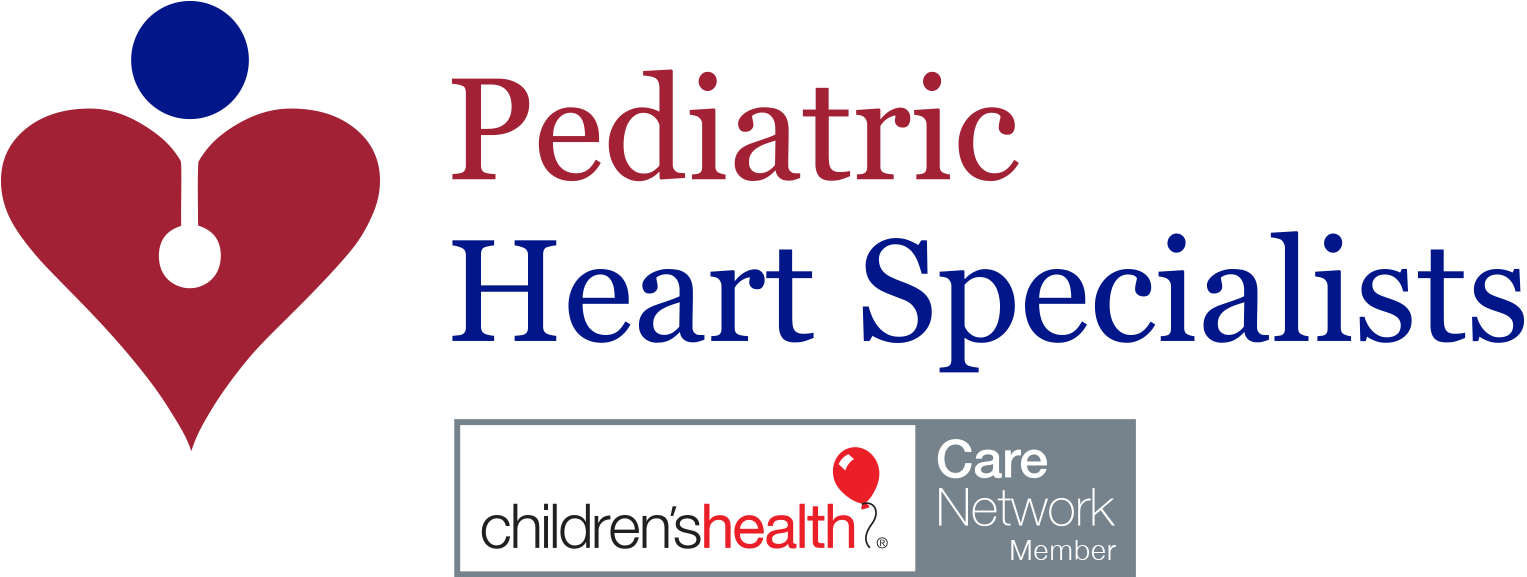- Details
Anybody familiar with the sport of basketball has probably heard of Pete Maravich. Pistol Pete, as he was called, was an amazing talent.

Following a successful high school career, he played college basketball for LSU in the late 1960’s. His college statistics are so amazing as to seem almost absurd. He is still the all-time NCAA scoring leader with 3,667 points. Over his three-year college career he averaged an incredible 44.2 points per game. In addition, these accomplishments were achieved prior to the institution of the 3 point line. Experts surmise that he probably would have averaged close to 50 points per game had the 3 point line been in effect at that time. Suffice it to say that Pistol Pete’s scoring records will never be broken. In fact, I think it's safe to say they will never even be remotely challenged!
Pistol Pete went on to a very successful professional basketball career. He retired from basketball in 1980. Eight years later, at the age of 40, he passed away suddenly while playing a pickup basketball game at his church in California. Friends, family, and fans across the nation were shocked. How could such a young and seemingly healthy person die at such a young age?
- Details
Sudden cardiac death refers to a situation where the heart suddenly stops pumping effectively. It most commonly happens in older people who have pre-existing known heart problems. Unfortunately, rarely it may affect an outwardly healthy appearing young person. In many instances this happens in the setting of sports.
- Details
From time to time we evaluate children who are referred for an irregular heartbeat. This term typically refers to a heart rhythm that does not seem quite regular. An irregular heart beat is a little different from palpitations. The term “palpitations” refers to a sensation that the heart is not beating normally. Children with palpitations may feel their heart beating rapidly, pausing, or skipping beats. An irregular heartbeat, on the other hand, is usually something that a doctor hears when listening to the heart. Many children suspected of having an irregular heartbeat may feel perfectly fine.
- Details
Diabetes is a disorder manifested by high blood sugar levels. It is extremely common in the United States. The prevalence of diabetes is on the rise both in older adults as well as in young people. Unfortunately, poorly controlled diabetes at the time of conception or during early pregnancy is a risk factor for the development of congenital malformations, in particular, congenital heart defects. It is estimated that women with pre-gestational diabetes (diabetes existing prior to pregnancy) have a fivefold increased risk of having a baby with a congenital heart defect compared to the non-diabetic population.
- Details
What is SBE prophylaxis?
Some parents have been told that their child may require antibiotics or “SBE prophylaxis” prior to visiting the dentist or having any surgical procedures done. So what is SBE prophylaxis and why do some children with heart disease need this precaution?
